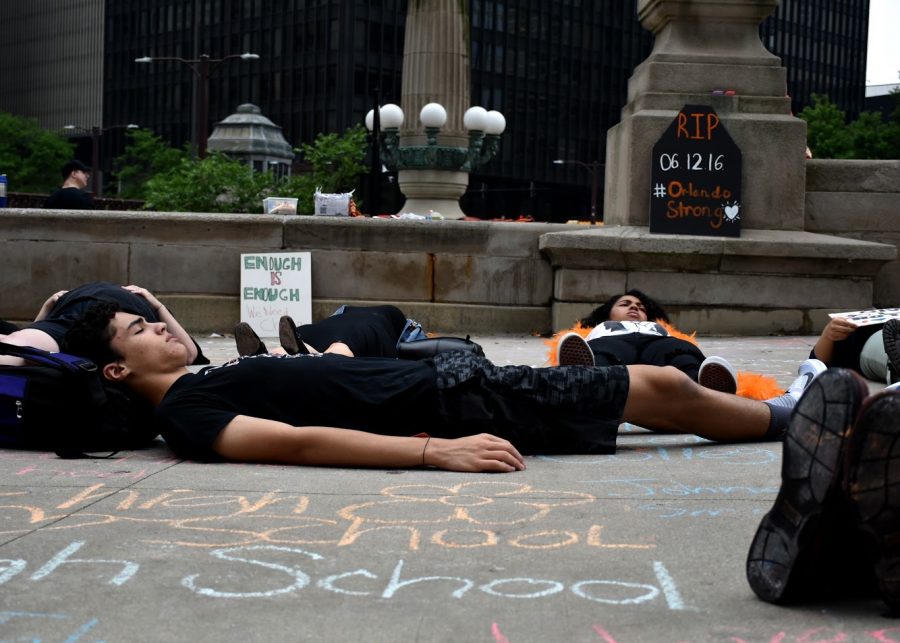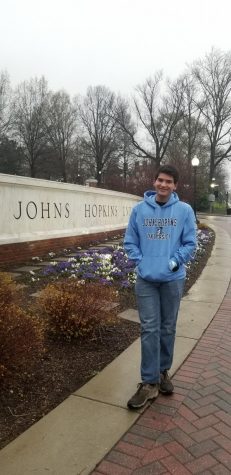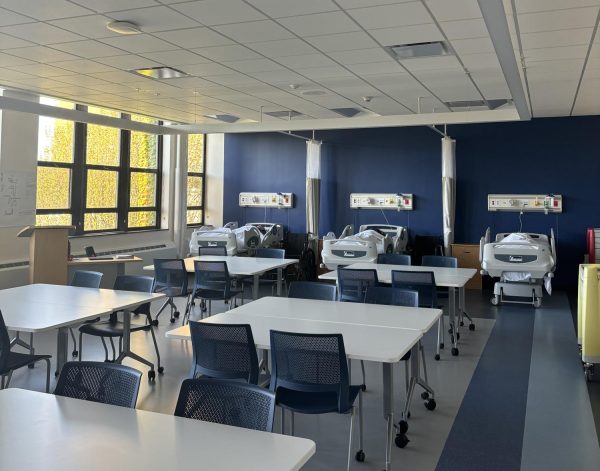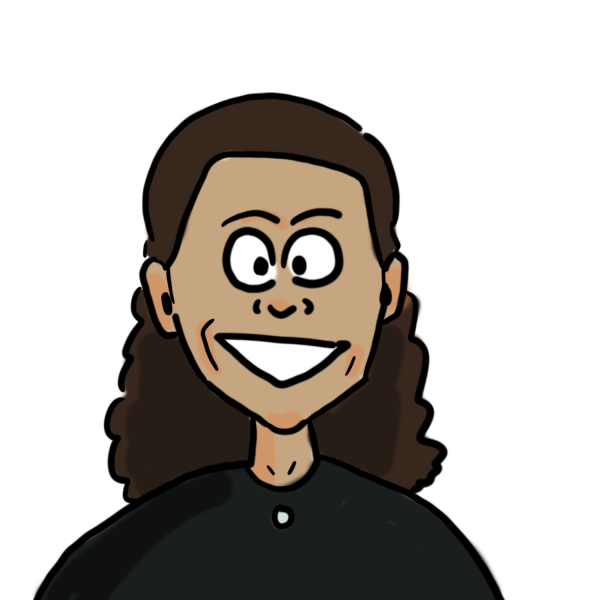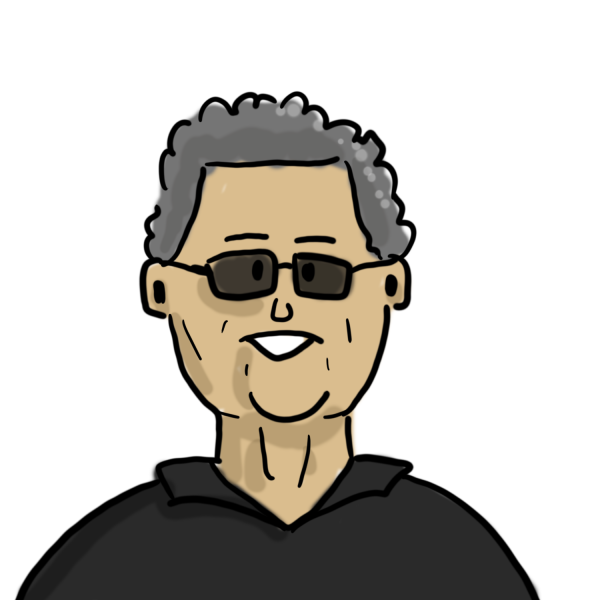Students continue the fight against gun violence
August 28, 2018
“None of us knew what was happening.”
These are the words of Alyssa Fletcher, a senior at Marjory Stoneman Douglas High School, and a survivor of the shooting that occurred there on Feb. 14, 2018.
“The worst part for me was just not knowing,” Fletcher said in an interview with the Evanstonian. “I didn’t understand any numbers, or if anyone was killed or just injured, you just didn’t know.”
After learning that several of her closest friends had been injured and that her track coach had been killed, Fletcher, like many other members of her community, rose up to demand action and speak for those who could not.
“We don’t want some tragedy to define who we were, we wanted to show them how we dealt and changed it,” Fletcher said. “Everyone in my community came together; we all joined forces to fight for different issues with the same goal.”
March for Our Lives and similar campaigns such as the ETHS walkout were the initial and largest responses to the tragedy, with well over a million participants in Washington alone. One group of students inspired by these events were Evanston seniors Mollie Hartenstein, Liana Wallace and Phoebe Liccardo, who have taken efforts to continue the fight for justice in Chicago.
“We’re in the infancy of whatever we’re trying to do here, all we are is a group of three people who care and decided to act,” Hartenstein said.
Over the summer these students attended marches, raised money through partnering with local restaurants, and teamed up with organizations, they have begun to lay the seeds for something which may promote the urgency of change in our community.
“We’re 17, so in a political sense, there’s supposed to be very little we can do, but we are doing something major,” Liccardo said. “It’s important to think about what our future, and the future of our children, is going to look like. We’re getting out there to show that we’re going to make change happen and make our future as great as possible.”
As Liccardo said, the future is the motivation for those fighting for justice, because it is the actions of today that will make the future.
“Especially in Evanston it’s really easy to check out, but you cannot afford it,” Wallace said. “You need to keep reading the news and staying engaged no matter how backwards it may be, because knowing things determines your livelihood and your future.”
This is the same goal that Fletcher, through her project “Empower the People” (empowerthepeople.net), and many others are working towards: a more informed society where people are able to elect those who will represent them and work for the change we as a nation demand, rather than ignoring the pleas of those affected.
“We went to the capital [of Florida], went through all the congress buildings to talk to representatives… who closed the doors on us and told us they were unable to speak to us even though they would just be sitting at their desks,” fellow Parkland student Julia Merfogel said in an interview with the Evanstonian.
There are politicians on both sides of the political spectrum who are listening and acting upon this threat to our nation, but the passing of major bills have still not been successful.
“Get involved because it affects you,” Hartenstein said. “Gun violence, be it through suicides, mass shootings, or the people killed miles from where we live, will affect you, the question is will it be now or later, and do you care enough to prevent it now.”
The tragedy at Parkland echoes this sentiment, according to both Fletcher and Merfogel, the entire community was affected, every student felt as though the events that transpired that day hit too close to home.
“I know a lot of my friends have PTSD and it makes the issue of gun violence so much more pressing and important in our lives,” Merfogel said. “Living through the pain and the trauma is an entirely different experience to just hearing about it.”
While none of us want to live through the experiences that the students of Parkland, the victims of gang violence in Chicago, and the families affected by suicide have endured, “it’s important to listen to and understand people even if you can’t empathize with them,” Merfogel said.
As the school year starts anew both in Evanston and in Parkland, these students will continue to fight for justice and ensure that those who lost their lives have not died in vain.
“This movement isn’t ending; they’re going to continue to hear our voice,” Fletcher said.


